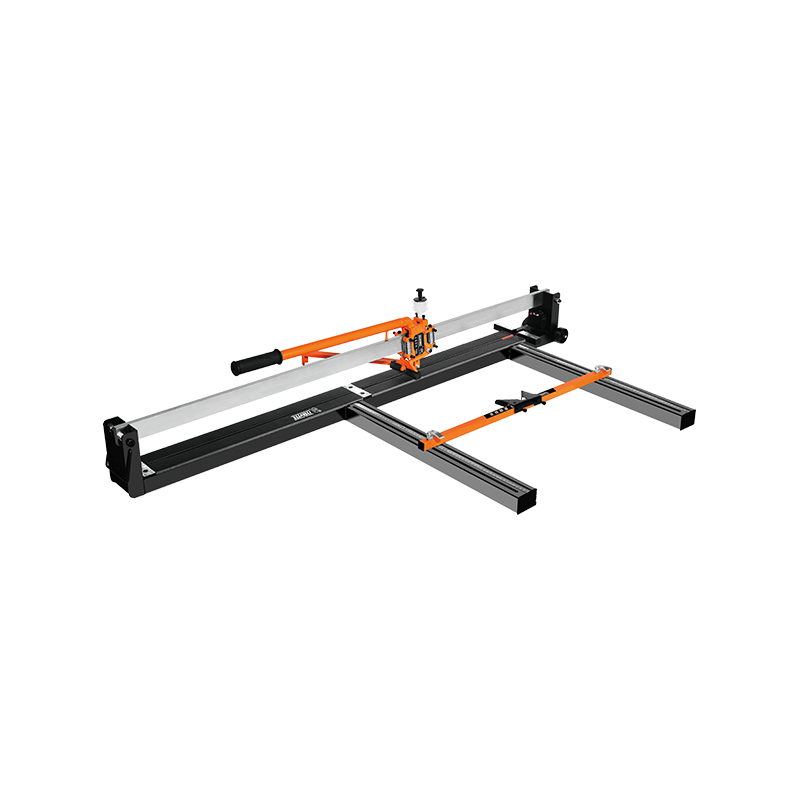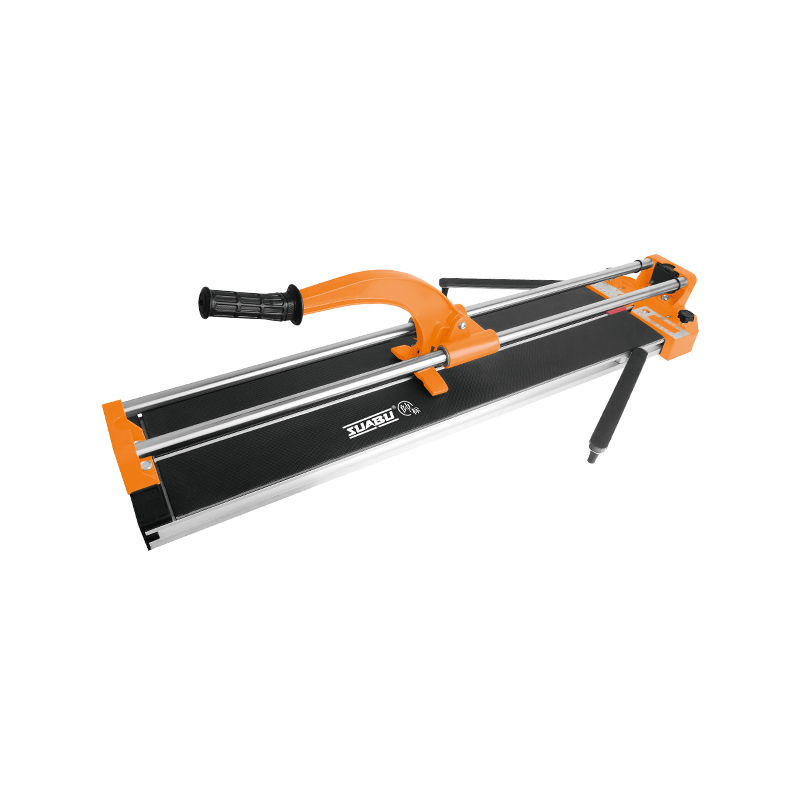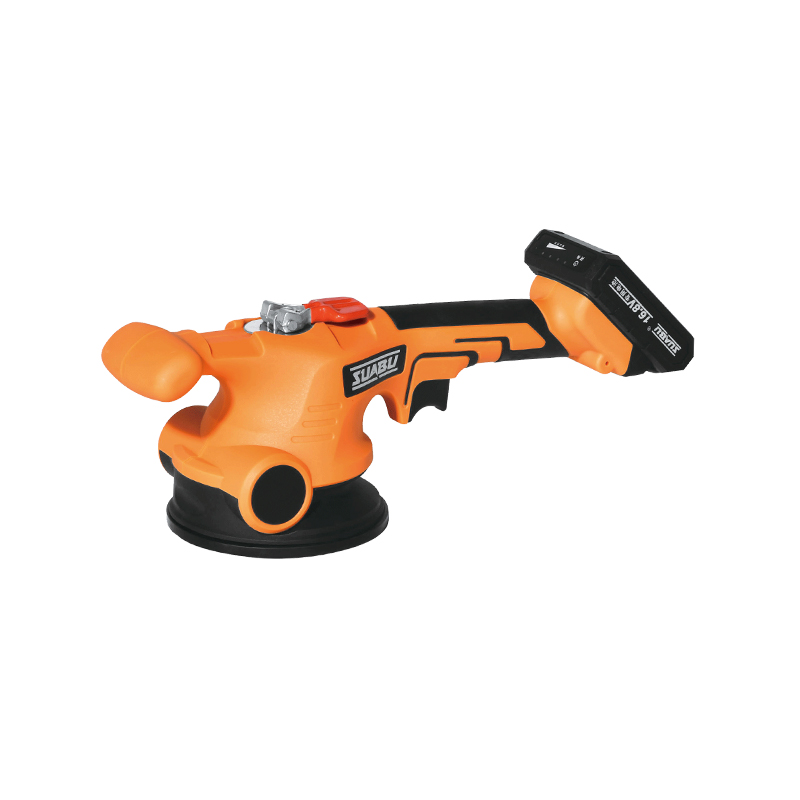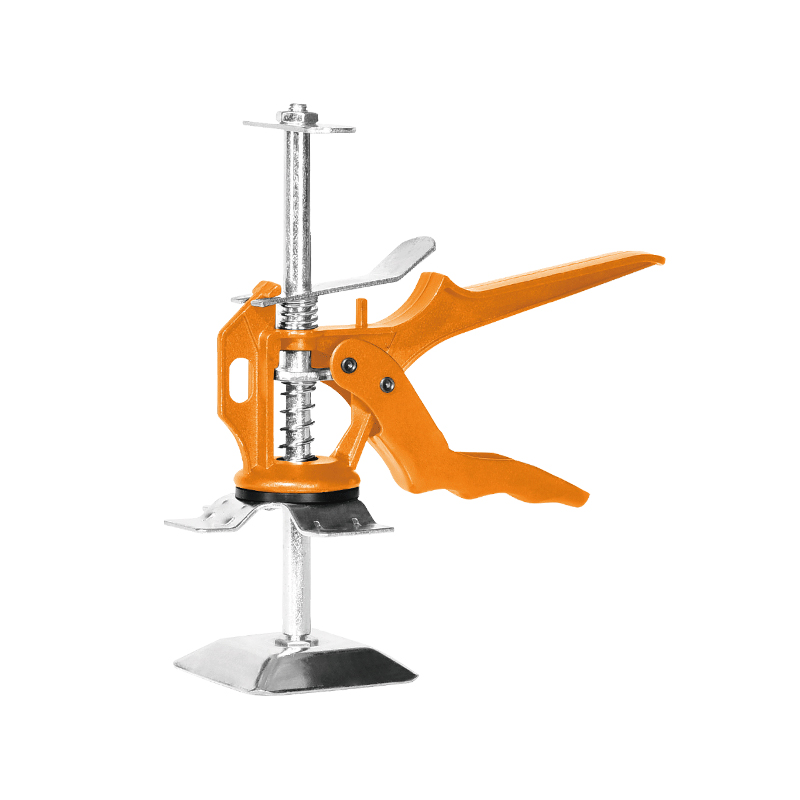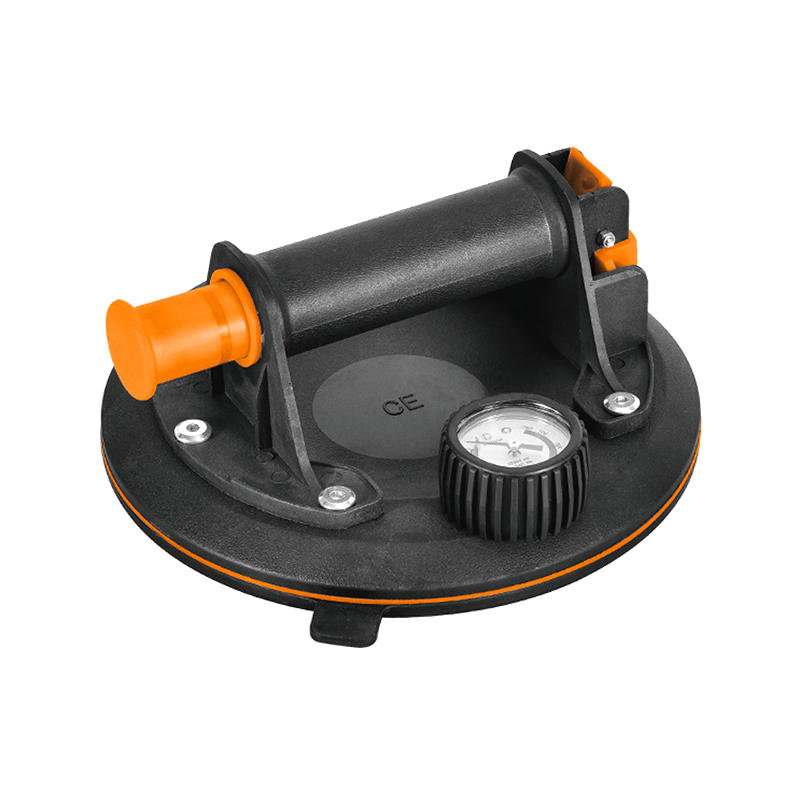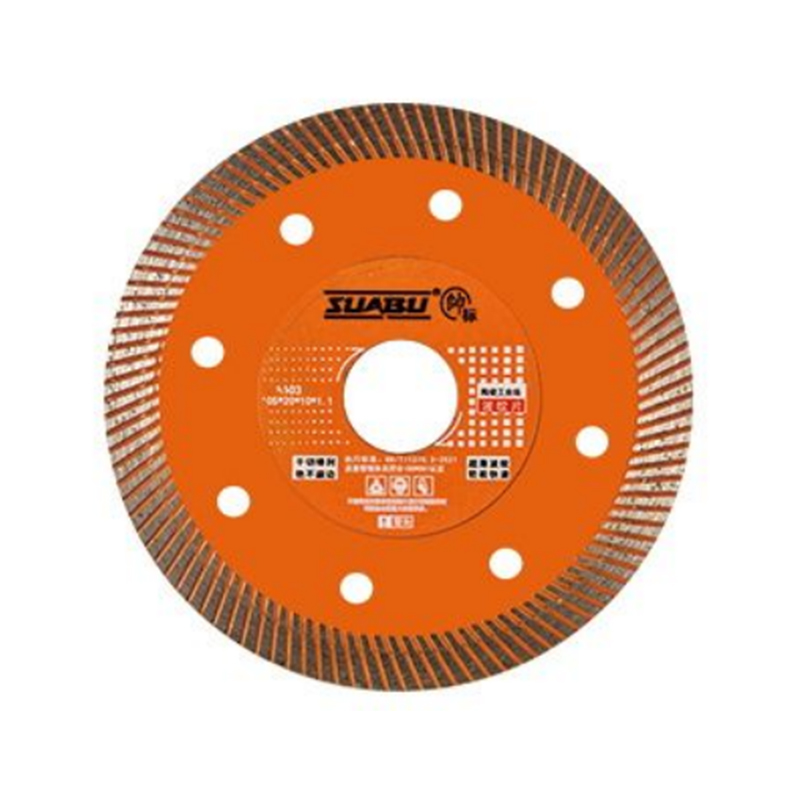Inside a Tile Cutter Factory and Exploring Tile Installation Machines
2024-11-22
When it comes to efficient and precise tile work, tile cutter factories and tile installation machines are at the heart of the process. From large-scale tile cutter manufacturing plants to advanced installation machines, these facilities and technologies make it easier to achieve professional tiling results. This article provides an overview of tile cutter factories, including their production processes and the different types of cutters, and explains the key features of tile installation machines.
C-11 Large Porcelain Ceremic Granite Tile Cutter
Tile Cutter Factory: Production Scale and Manufacturing Process
A typical tile cutter factory operates on a large scale, with specialized production lines dedicated to crafting durable, high-performance tile cutters. The production process in these factories generally begins with sourcing and processing high-quality raw materials such as steel and aluminum. These materials are then shaped and refined to create the precise parts needed for a tile cutter. The manufacturing process also includes forming, machining, and assembling various components, including handles, blades, and guide rails, to produce a finished tile cutter.
The assembly line in a tile cutter factory is often divided into stations for different parts of the cutter, ensuring that each component is properly fitted and tested for quality. Advanced quality control methods are in place to guarantee each cutter meets industry standards, ensuring durability and precision for users.
Types of Tile Cutters: Manual, Electric, and CNC
Tile cutter factories produce various types of tile cutters, each with its unique functionality and applications. The three primary types of tile cutters include:
Manual Tile Cutters: These cutters are straightforward, relying on a hand-operated handle to apply pressure. They are ideal for small projects and suitable for cutting basic ceramic tiles. A manual tile cutter includes a scoring wheel and a base, allowing the user to score and snap tiles accurately. Despite being simple, manual cutters are durable and provide clean cuts on basic tile materials.
Electric Tile Cutters: Electric tile cutters are more powerful and designed for cutting tougher materials, like porcelain or stone tiles. They use a motorized blade to achieve cleaner and faster cuts, making them ideal for larger projects. Electric cutters also allow for precision cuts at various angles, enhancing flexibility and making them popular among professionals.
CNC Tile Cutters: CNC (Computer Numerical Control) tile cutters represent the advanced cutting technology, capable of handling intricate and custom cuts. Controlled by a computer program, CNC tile cutters are highly accurate, making them ideal for complex designs or high-end projects. These machines are common in large tile cutter factories that cater to both standard and custom orders.
Each of these tile cutters serves a specific purpose, and tile cutter factories manufacture models based on demand and customer needs. Whether for DIY home projects or professional tile installations, there's a cutter designed for every application.
Exploring the Tile Installation Machine: Structure and Functionality
Tile installation machines play a key role in applying tiles with precision and consistency. These machines are designed to make the tile-laying process efficient, reducing manual effort and enhancing installation accuracy. A tile installation machine typically consists of a frame, a guiding system for tile alignment, and a mechanism to apply even pressure, ensuring a secure and level fit.
One of the main advantages of a tile installation machine is its ability to handle various tile sizes and thicknesses, allowing it to work with a wide range of materials. This versatility makes it a valuable tool for projects involving different tile types and layouts. Additionally, some machines come equipped with laser guides or digital controls to further enhance alignment accuracy, ensuring that tiles are positioned evenly with minimal error.
A tile installation machine also helps in speeding up the installation process, which is particularly valuable in large projects where time and precision are essential. By reducing the chances of misalignment and tile breakage, installation machines help in maintaining high standards of workmanship in any tiling project.
Quality Control and Standards in Tile Cutter Factories
Maintaining quality control is essential for a tile cutter factory to ensure each product meets rigorous industry standards. Many factories employ advanced testing procedures, including durability tests, performance assessments, and material checks. These steps guarantee that the tile cutters are not only efficient but also safe and reliable for extended use.
In addition to individual component checks, tile cutter factories often perform a final inspection on the assembled products. This ensures that each tile cutter performs as expected before it reaches customers. Quality control is crucial because it guarantees that users receive durable tools capable of delivering professional results.
Innovations in Tile Cutter and Installation Machine Manufacturing
As technology evolves, tile cutter factories continue to innovate, integrating new materials and designs that enhance efficiency and usability. CNC tile cutters, for instance, are a result of technological advancements that allow for precision and complex cuts previously impossible with manual tools. Similarly, tile installation machines now feature automated functions and alignment systems that streamline the tile-laying process, reducing labor and time requirements.
Many manufacturers are also incorporating eco-friendly materials and practices into their production processes. This shift reflects a growing emphasis on sustainability within the industry, ensuring that tile cutting and installation equipment is durable, reliable, and environmentally conscious.


